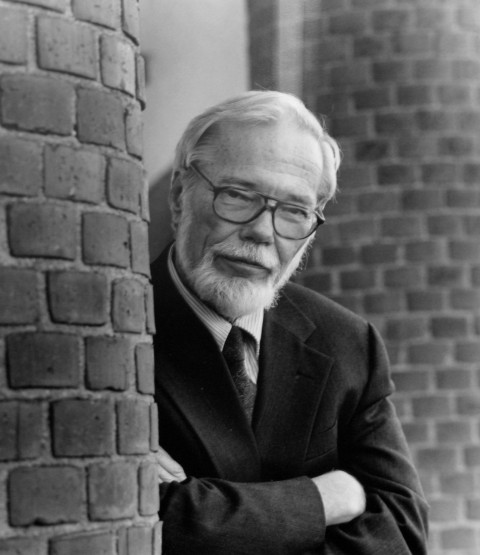George Lindbeck was the best teacher I ever had
He was known for the intellectual rigor of The Nature of Doctrine. But what drove him was a commitment to Christian unity.

In the apt words of one of his students, George Lindbeck had “a life made for ecumenism.” I never heard him speak about his legacy except to say that all such things are quite out of one’s own hands. When news reached me that he had died after a long illness, among my first thoughts was that when people remembered him as a theologian, he would have liked it to be as a servant of Christian unity.
George Lindbeck was born and grew up in China, the youngest child of American Lutheran missionary parents. He was aware from a young age of the toll that division takes on the church and the proclamation of the gospel, especially the division between Protestant and Catholic. As a student in Paris working on a dissertation in medieval philosophy, he first made the acquaintance of a generation of Catholic scholars who shared his growing concern to heal the wounds of the Reformation and who would play a decisive role in the formation of Catholic ecumenism at Vatican II. To his own surprise Lindbeck himself became an official Lutheran observer at Vatican II. It changed his life.
After the council, Lindbeck devoted the best years of his intellectual life not to making a name for himself in academic theology but to attending countless church-sponsored ecumenical meetings, the bulk of them devoted to Lutheran-Catholic dialogue. He wrote one scholarly essay after another, not on the trending theological topics of the day but on the traditional matters of doctrinal conflict between Lutherans and Catholics. He hoped, along with a small group of scholars from both traditions with whom he worked over the years, to show that these entrenched disagreements could be resolved not by having one side give in to the other but by finding a theological path that did justice to the deep concerns of both sides.




